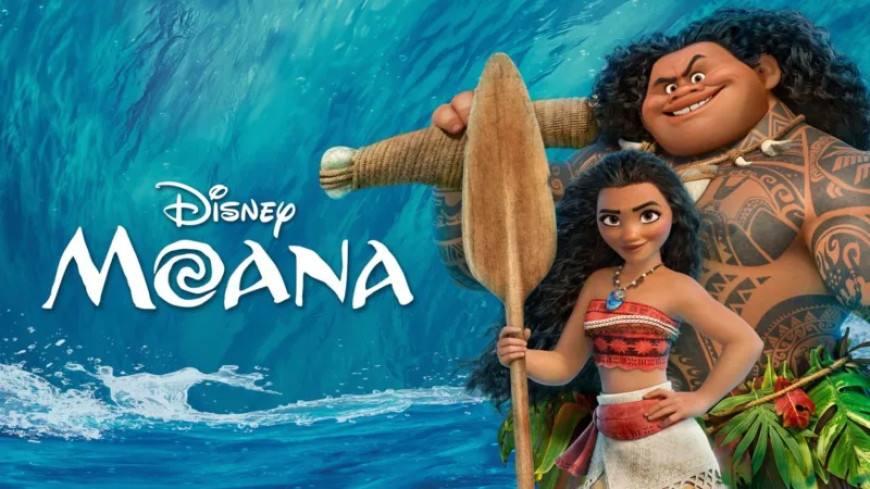Disney's Triumph: Inside the 'Moana' Copyright Showdown with Buck Woodall
Disney won the copyright lawsuit against Buck Woodall over "Moana." Learn about the legal battle, court ruling, and implications for intellectual property.

Introduction
In the world of entertainment, legal disputes over intellectual property are not uncommon. One such high-profile case involved The Walt Disney Company and animator Buck Woodall, who alleged that Disney's 2016 animated hit "Moana" was derived from his own creation, "Bucky the Surfer Boy". This article delves into the intricacies of the legal battle and how Disney ultimately prevailed.
The Allegations: Woodall's Claims Against Disney
Buck Woodall, an animator and writer, claimed that Disney's "Moana" bore significant similarities to his project "Bucky the Surfer Boy". Woodall asserted that he had shared his story outlines, scripts, and character designs with Jenny Marchick, a film executive and distant relative, in the early 2000s. He alleged that these materials were subsequently used by Disney to create "Moana" without his consent.
Disney's Defense: Originality and Lack of Access
In response, Disney maintained that the creators of "Moana" had no access to Woodall's materials. The company argued that "Moana" was an original work inspired by extensive research into Polynesian mythology and culture. Disney's legal team presented comprehensive documentation detailing the development process of "Moana," emphasizing its originality and the absence of any connection to Woodall's work.
The Verdict: Jury Rules in Favor of Disney
After deliberating for approximately two and a half hours, a federal jury in Los Angeles concluded that there was no evidence to suggest that Disney's creators had access to Woodall's materials. This verdict meant that the jury did not need to assess the similarities between the two works, as the lack of access nullified the infringement claim.
Implications of the Ruling
The jury's decision underscores the importance of proving access in copyright infringement cases. Even if two works share similarities, without evidence that the alleged infringer had access to the original work, a claim of infringement is unlikely to succeed. This case highlights the challenges plaintiffs face in protecting their intellectual property, especially when alleging that large corporations have appropriated their ideas.
Conclusion
Disney's victory in the copyright lawsuit filed by Buck Woodall reaffirms the company's stance on the originality of "Moana". The case serves as a reminder of the complexities involved in intellectual property disputes and the critical role that evidence of access plays in determining the outcome. As the entertainment industry continues to evolve, creators must remain vigilant in protecting their works while understanding the legal thresholds required to prove infringement.


What's Your Reaction?
 Like
0
Like
0
 Dislike
0
Dislike
0
 Love
0
Love
0
 Funny
0
Funny
0
 Angry
0
Angry
0
 Sad
0
Sad
0
 Wow
0
Wow
0



















































